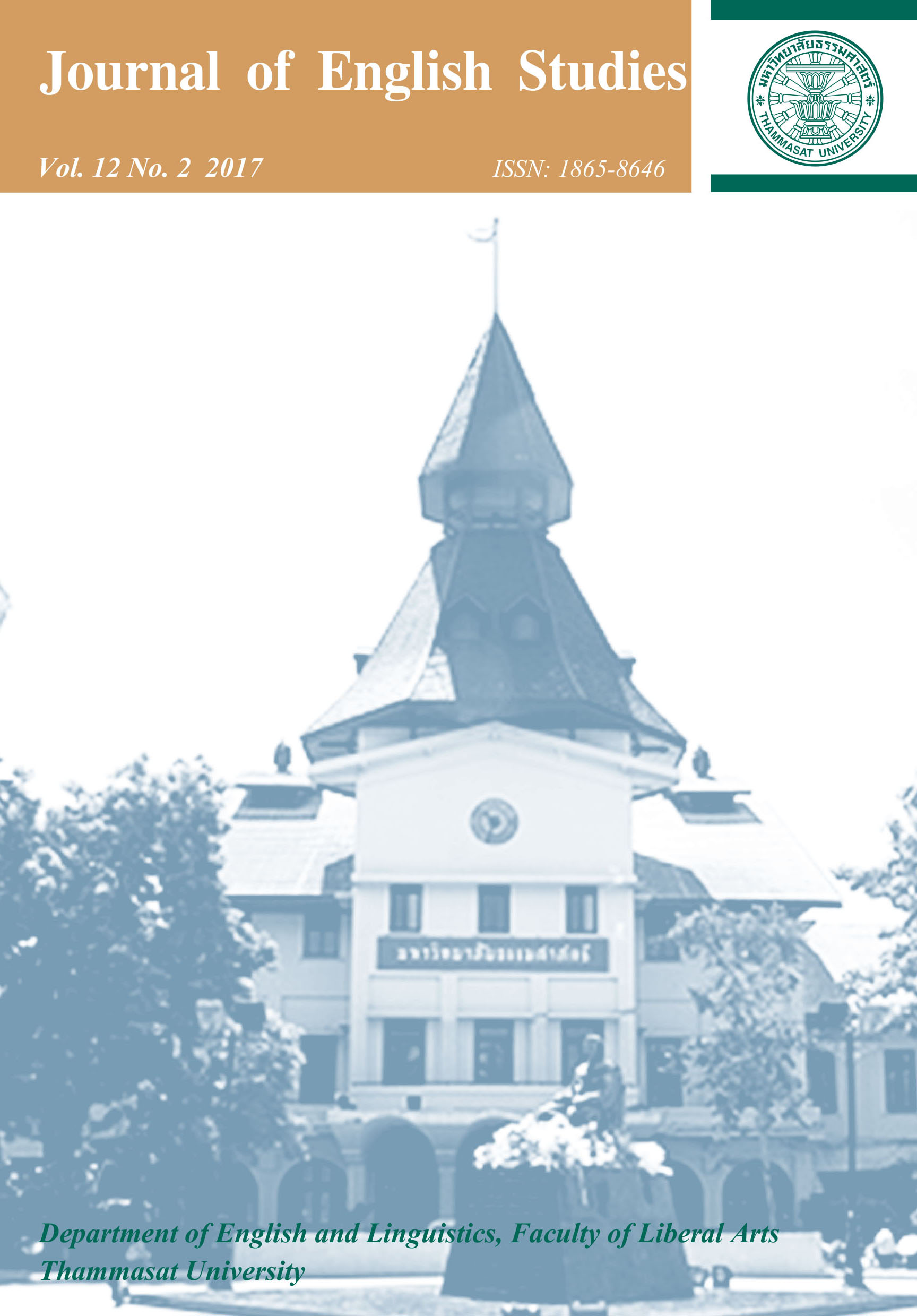From a Small Market Town to the Metropolis: The Cities/Towns in Jane Austen’s Pride and Prejudice and Persuasion
Main Article Content
Abstract
Abstract
The long eighteenth century (1680-1820) saw a remarkable growth not only of London but also of provincial, regional and smaller towns. Historians have dubbed this period the “English urban Renaissance”, a term first used by Peter Borsay in his The English Urban Renaissance: Culture and Society in the Provincial Town 1660-1770 (1989), from which this paper derives much of the historical account needed to examine the small market town, the resort town and the capital in Jane Austen’s novels Pride and Prejudice and Persuasion
and their relationship to the rural community. The aim is to show that these three different types of towns, and their complex relationship with the rural village, firstly, are able to explain some of the differences in the kind of transactions, be it romantic and business, of the main and minor characters, and, secondly, are crucial to the plot development.
บทคัดย่อ
ในศตวรรษที่ 18 อันยาวนาน (1680-1830) มีความเจริญเติบโตของเมืองหลวงและเมืองต่าง ๆ ของประเทศอังกฤษ นักประวัติศาสตร์เรียกศตวรรษที่ 18 อันยาวนานว่าศตวรรษแห่งการฟื้นของเมืองในประเทศอังกฤษ (English Urban Renaissance) คำนี้มาจากหนังสือของ ปีเตอร์ บอร์เซย์ ที่มีชื่อว่า ดิ อิงลิช เออร์เบิน เรเนซ็องส์ คัลเชอร์ แอนด์ โซไซตี อิน เดอะ พรอวินเชียลทาวน์ 1660-1770 (1989) ผู้วิจัยวิเคราะห์ลักษณะของเมืองค้าขายขนาดเล็ก เมืองแห่งการพักผ่อน และเมืองหลวงในนวนิยายเรื่อง ไพรด์แอนด์พรีจูดิส และเพอซูเอชัน ของ เจน ออสเตน โดยอ้างอิงเนื้อหาประวัติศาสตร์จากหนังสือเล่มนี้ ผู้วิจัยเสนอว่าลักษณะที่แตกต่างกันของเมืองสามประเภทนี้ และความสัมพันธ์ของเมืองสามประเภทนี้กับชนบท นอกจากจะสามารถอธิบายความแตกต่างของความสัมพันธ์ระหว่างตัวละครหลักและตัวละครรองได้แล้ว และยังมีความสำคัญต่อโครงเรื่องอีกด้วย


